Facebook can help you build your brand and get more clients for your real estate business, but only if you know how to utilize its power to get what you want. Smart real estate agents know they need to adapt and change with Facebook; ignoring change will get you nowhere. Throw out everything you think you know about Facebook. We’re going to help you get with the program right now.
Three Things to Know
Facebook is All Grown Up, and it’s Sophisticated
You might think you know how Facebook works already—who doesn’t know how to use Facebook? But it’s changed a lot in the last 14 years. I signed up for Facebook back when you still needed a .edu email address to do it—remember the good old days when it was a place for college students to hang out? Facebook’s grown up a lot since then.
 “Thefacebook” (CC BY-SA 2.0) by Christiaan Colen
“Thefacebook” (CC BY-SA 2.0) by Christiaan Colen
Unless you know how to effectively harness the “new” Facebook, á la 2018, you’re missing out on exposure and more business. Even worse, you probably think you’re doing all the right things but may actually be doing all the wrong things.
Organic Reach for Business Pages is at an All-Time Low
If you were on Facebook in 2007, you may remember fan pages for companies, celebrities, or even things like pizza and Nutella. (I was an avid fan of Enrique Iglesias and Skechers. It’s the “S”. Ahem.) Many of these pages easily collected fans, and then page owners could post something for all of the page’s followers to see. The average fan page had a post just about every two weeks.
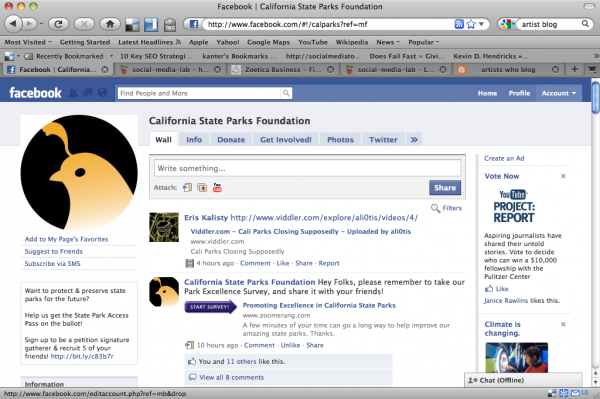 “Example of Content for Facebook Fan Page” (CC BY 2.0) by cambodia4kidsorg
“Example of Content for Facebook Fan Page” (CC BY 2.0) by cambodia4kidsorg
But oh how things have changed since the good old days. By 2012, organic reach to businesses pages was about 16%. That went down in 2013, and by February of 2014, organic reach was about 6%.
Facebook recently changed its news feed algorithm again, and organic reach for business pages is sitting right around 2%. (This number is usually higher if you have fewer fans. So, if you have 300 fans, 30 to 40 of them may see your posts at any given time.) Facebook has said that businesses should expect organic reach to go to 0%.
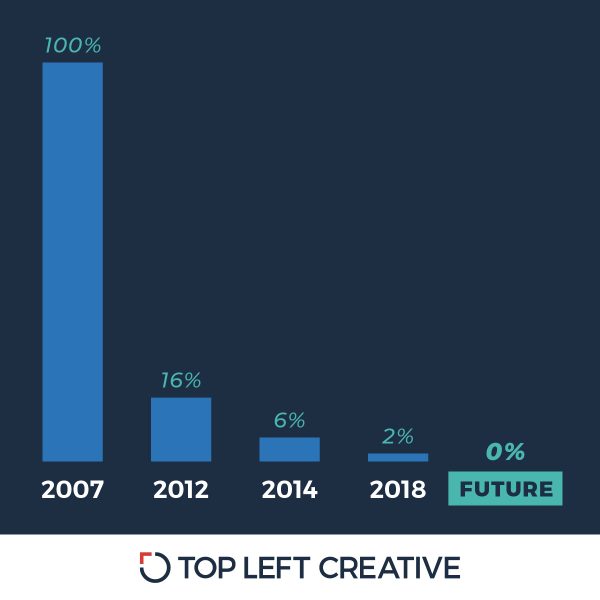
Facebook is an Advertising Company
So, why has the reach on business pages been dropping faster than home values in 2008? Facebook is an advertising company (and a publicly traded one at that). Ads have been around since its inception in 2004. But Facebook ads have become much more sophisticated lately, and it made $39.9 billion in ad revenue in 2017 (more than every tech company out there except Google, by the way).
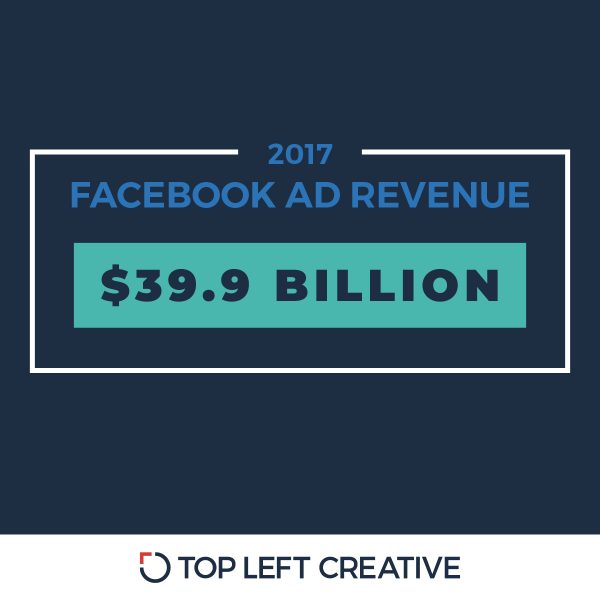
Facebook knows that with 1.47 billion users logging in daily, it’s a powerful platform where businesses can reach a lot of people. But like any smart business, Facebook wants you to pay for that privilege.
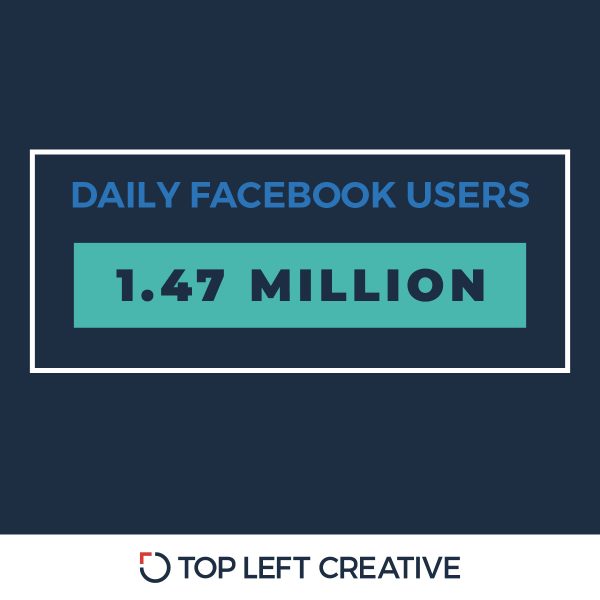
But before you panic that you’re not going to be able to reach people anymore unless you spend a lot of money to do it, keep reading.
Using Facebook to Generate More Business
Now that you can properly frame your thoughts on what the Facebook of today is, let’s talk about how to get brand exposure and clients for your real estate business, both paid and free.
Use Facebook Ads to Build Your Brand and Increase Your Reach
Most people think Facebook ads equals lead generation. That could be true, but you might not care about the cold leads that come from Facebook lead generation. You should pay just for people to see your posts (it’s really not that expensive, and you can set your budget wherever you want.) Facebook ads are a smart way to build a referral-based business because they help build your brand and extend your reach in a way you CAN’T if you don’t pay.
Since we can reasonably expect that paid advertising may soon be the only way to reach fans from a business page, it’s a good time to hone your strategy. Most people may not think of them in this way, but Facebook ads are smart way to get more referral business. I mean, look at the wealth of tools offered by Facebook’s ads platform:
- Targeting Capabilities: Use demographics info to target people with your content that’s most relevant to them.
- Conversion Tracking: Track what people do after they leave Facebook and go to your website.
- Website Custom Audiences: Target people who have been to your site before with additional content.
- Custom Audiences: Target everyone in your sphere using their email addresses.
- Lookalike Audiences: Target people similar to the clients you already have.
- Retargeting: Target people again based on the previous content they’ve interacted with.
For in-depth info on running ads the right way, check out our blog post here. We wrote this for mortgage ads, but the same principles apply to real estate ads, also.
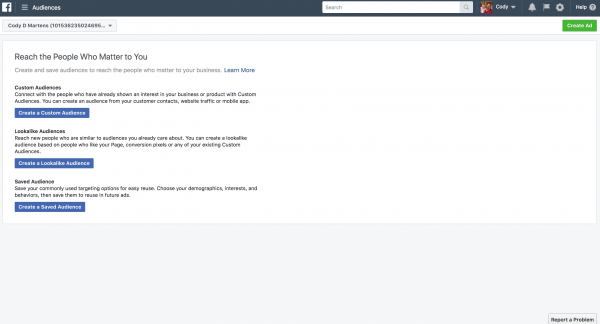
Use Your Personal Page for Business, Too
A successful real estate business is about building relationships with people. So, you should be using your personal profile for business. Every interaction on Facebook, whether it’s about real estate or not, builds relationships that turn into more business for you. When people know, like, trust, and relate to you in real life, you’re going to get their real estate business every. single. time.
The bottom line is that there aren’t personal interactions and business interactions in real estate. All of your interactions are both. Don’t miss opportunities to make an impact on people because you’re afraid to make it personal.
Make business partners and clients your friends. Don’t be shy. The more friends you have in your circle, the better.
Tag business partners and clients in photos. Tagging people in photos (which you can’t do from a business page, though people can do it themselves) gets your name in front of more people.
If you have a business page, share posts to your personal profile. Remember that you don’t need to share every single post. Don’t be afraid to add a more personal message than the message you shared on your business page.
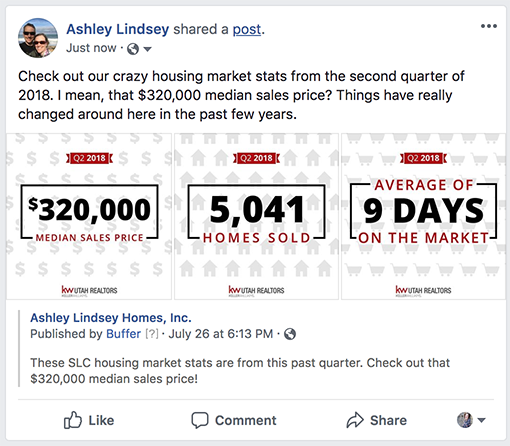
Be real with people. Imagine if every time you saw someone, you just gave them a flyer or told them about your latest listing. You wouldn’t be very popular. Yet plenty of people do that on social media. Your cardinal rule should be to treat Facebook friends like real friends. Ask for people’s recommendations, opinions, and guidance. Start a genuine conversation, and then respond in a personal way.
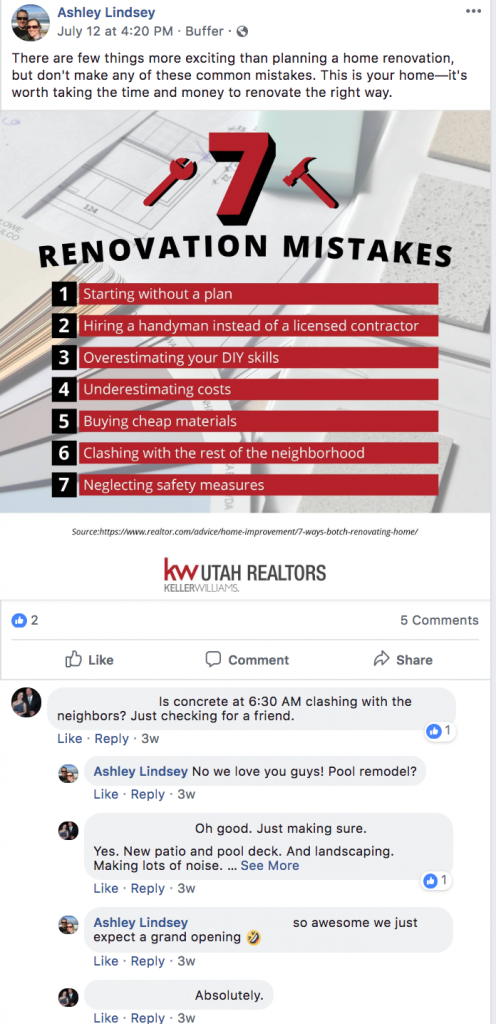
Go public. If you want to have a wider reach, consider making the posts on your personal page public. (You can always opt to make only certain posts public. We had a client who made everything public except posts about her toddler.)
Mix up personal posts and industry-related posts. It’s smart to post industry stats and other information that showcases your expertise and makes you the go-to source for all things real estate. On the other hand, sharing all business talk all the time is BO.RING and obnoxious. Remember how we just said to treat Facebook friends like real friends? If you were talking to your friends IRL, you wouldn’t hog the entire time talking about your real estate business—and if you do, you won’t have those friends for long. Same thing applies to Facebook.
For a bomb list of personal and industry-related real estate social media ideas, go here.
Give Video a Try
Facebook prioritizes video over all other kinds of posts, and people are a lot more likely to pay attention to it. If you can’t get people to notice your posts, give video a shot (pun definitely intended). You might be surprised by the attention you get, even on your business page. Here are some things to keep in mind:
Upload your video directly to Facebook. Videos that are uploaded directly to Facebook (rather than shared from YouTube or Vimeo) get better organic reach. They also auto play, which makes it more likely that people will watch at least some of your video. For more about why you should post videos directly to Facebook, check out this article.
Inspire rather than sell. Inspirational videos are the ones that go viral on Facebook—not the ones that sell, sell, sell. And inspirational videos don’t need to be hokey. They can be anything that evokes a strong emotional response and makes people think hard or feel good. Use video to communicate a story that people won’t be able to look away from. Stories are why people come to Facebook, so give them what they want.
Keep it short. Long videos don’t hold people’s attention. You usually want to aim for under two minutes. BUT, I’ve also watched plenty of ten-minute videos that kept my attention because the content was so entertaining/valuable/thought-provoking. If you go longer, make sure what you’re saying is worth the time it takes to say it.
Make it look professional. Bad lighting, shaky hands—these are easy problems to fix, and doing so will instantly make your videos 10 times better. Check out our blog post on this very topic. Just remember, done is better than perfect. Fifteen videos shot from your phone on a selfie stick are worth way more than one (or zero) professionally produced videos with cuts, b-roll, and music. And while I’m at it, don’t assume your phone isn’t up to the job! The iPhone X will shoot in 4k and in slow motion up to 240 frames per second (most DSLRs don’t even do that yet).
Try Facebook Live. It’s a little scary, but Facebook Live gets even more attention than standard videos uploaded to Facebook. Just shooting a few short minutes can capture people’s attention if you give them a quick glimpse into your life or your work. Check out this helpful guide for more info about Facebook Live.
Create a Facebook Group
We think Facebook groups are a seriously underutilized way to grow your business. (And we’re not the only ones.) Unlike business pages, Facebook actually shows people content from groups. And the more a person interacts with a group, the more information they see from the group.
A Facebook group encourages communication within a small circle of people. They come together and build better engagement than you’re ever going to get on an impersonal business page. We love what one of our clients, Brandon Porter, is doing with his page and with the accompanying Facebook group.
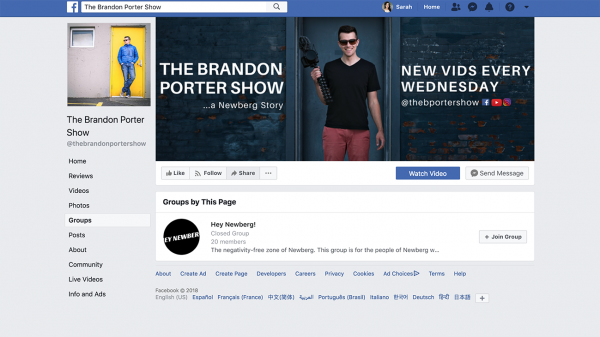
Here are some smart ways to build your own Facebook group. Go here for more on the mechanics of actually doing it.
Pick a goal. A Facebook group for a business likely has one of these goals:
- Create an exclusive group around your services and offer people additional help or expertise
- Establish your authority with helpful posts, tips, tricks, and tutorials
- Create a topic-focused community rather than focusing on your business (you could create a community for first-time home buyers, for instance)
Make the group valuable. Show your clients you care about them by giving away info they’ll find valuable, and be there to help when they need it.
Build a community. Remember, it’s not about you. This group is about your members and their interactions with others. Help people engage with you and each other.
Be ready to interact yourself. As the face of the group, you need to be ready to interact with people in a personable, friendly way. People need to be able to trust you enough to open up to you and share concerns with you. Build relationships by answering questions promptly.
Keep the group under control. You’ll need a clear code of conduct for group members. It’s your job to keep the group safe and positive for all members.
Utilize group insights. When you have at least 250 members, you’ll get insight about who is most engaged and what posts help drive that engagement.
Collect data. People are often more willing to share in the safe, regulated environment of a group. It’s a focus group of your best clients and best potential clients. They can give you valuable insight into your business.
If you’re like most people, you’re on Facebook a lot, so you take advantage of it and get more business for yourself. If you’re not on Facebook for your business, you’re missing an opportunity to stay in front of people in an authentic, personal way. Plus, the virality of Facebook marries perfectly with a referral-based business.


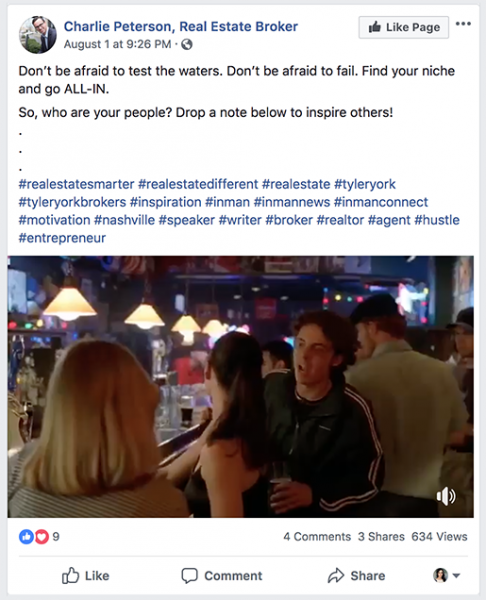
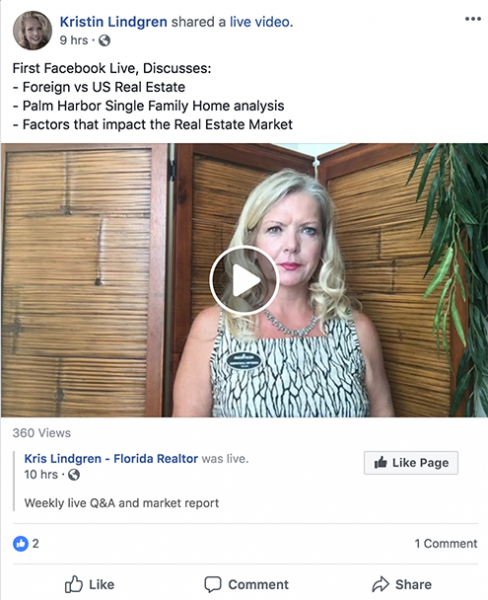
Leave a Reply